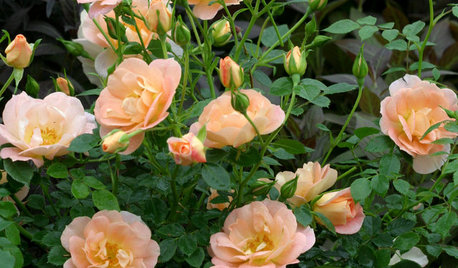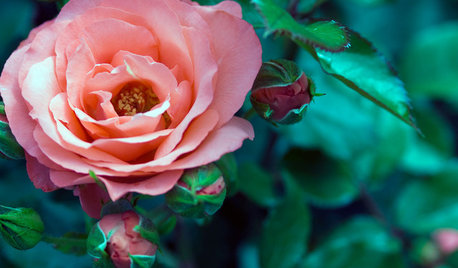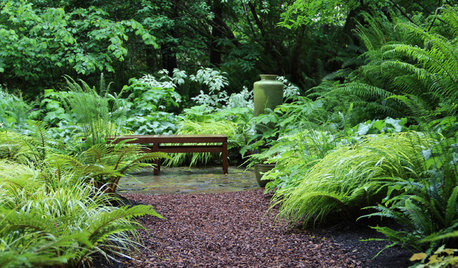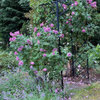Has any one else been using Soil Soup for roses diseases
marieagg
21 years ago
Related Stories

GARDENING GUIDESHow to Pick a Mulch — and Why Your Soil Wants It
There's more to topdressing than shredded wood. Learn about mulch types, costs and design considerations here
Full Story
GARDENING GUIDESHow to Stop Worrying and Start Loving Clay Soil
Clay has many more benefits than you might imagine
Full Story
GARDENING GUIDESTree Care: Common Tree Diseases and What to Do About Them
Learn to recognize trees that may be affected by diseases or pests so you can quickly take action
Full Story
REMODELING GUIDESOne Guy Found a $175,000 Comic in His Wall. What Has Your Home Hidden?
Have you found a treasure, large or small, when remodeling your house? We want to see it!
Full Story
GARDENING GUIDES6 Wonderfully Easy Roses for Any Gardener
Look like an expert even if you're just starting out, with these low-maintenance gems of the rose world
Full Story
GARDENING GUIDESGardening Solutions for Heavy Clay Soils
What’s a gardener to do with soil that’s easily compacted and has poor drainage? Find out here
Full Story
GARDENING GUIDESThe Poop Scoop: Enrich Your Soil With Good Old Manure
Get over the ick factor already — this natural super-ingredient for soil has so many benefits, you'll wonder why you ever went chemical
Full Story
GARDENING GUIDESLearn the Secret to Bigger and Better Roses
Grow beautiful roses using both ordinary and unusual soil amendments
Full Story
FARM YOUR YARDHow to Get Good Soil for Your Edible Garden
The nutrients in your soil feed the plants that feed you. Here are tips on getting it right — just in time for planting season
Full Story
GARDENING GUIDES10 Solutions for Soggy Soil
If a too-wet garden is raining on your parade, try these water-loving plants and other ideas for handling all of that H2O
Full Story










marcia_m
dchall_san_antonio
Related Professionals
Allen Landscape Architects & Landscape Designers · Elwood Landscape Architects & Landscape Designers · Kapaa Landscape Architects & Landscape Designers · Manhattan Beach Landscape Architects & Landscape Designers · Rossville Landscape Architects & Landscape Designers · Saint Louis Park Landscape Architects & Landscape Designers · Belvedere Park Landscape Contractors · Chesapeake Ranch Estates Landscape Contractors · El Sobrante Landscape Contractors · Leicester Landscape Contractors · Parker Landscape Contractors · Snoqualmie Landscape Contractors · Sugar Hill Landscape Contractors · Wallingford Landscape Contractors · Westchester Landscape Contractorsmrskjun
seamommy
brskovich
KathyinPA
seamommy
dchall_san_antonio
marieaggOriginal Author
dchall_san_antonio
jeanie
deborah2003
rosebay
keithbnimble